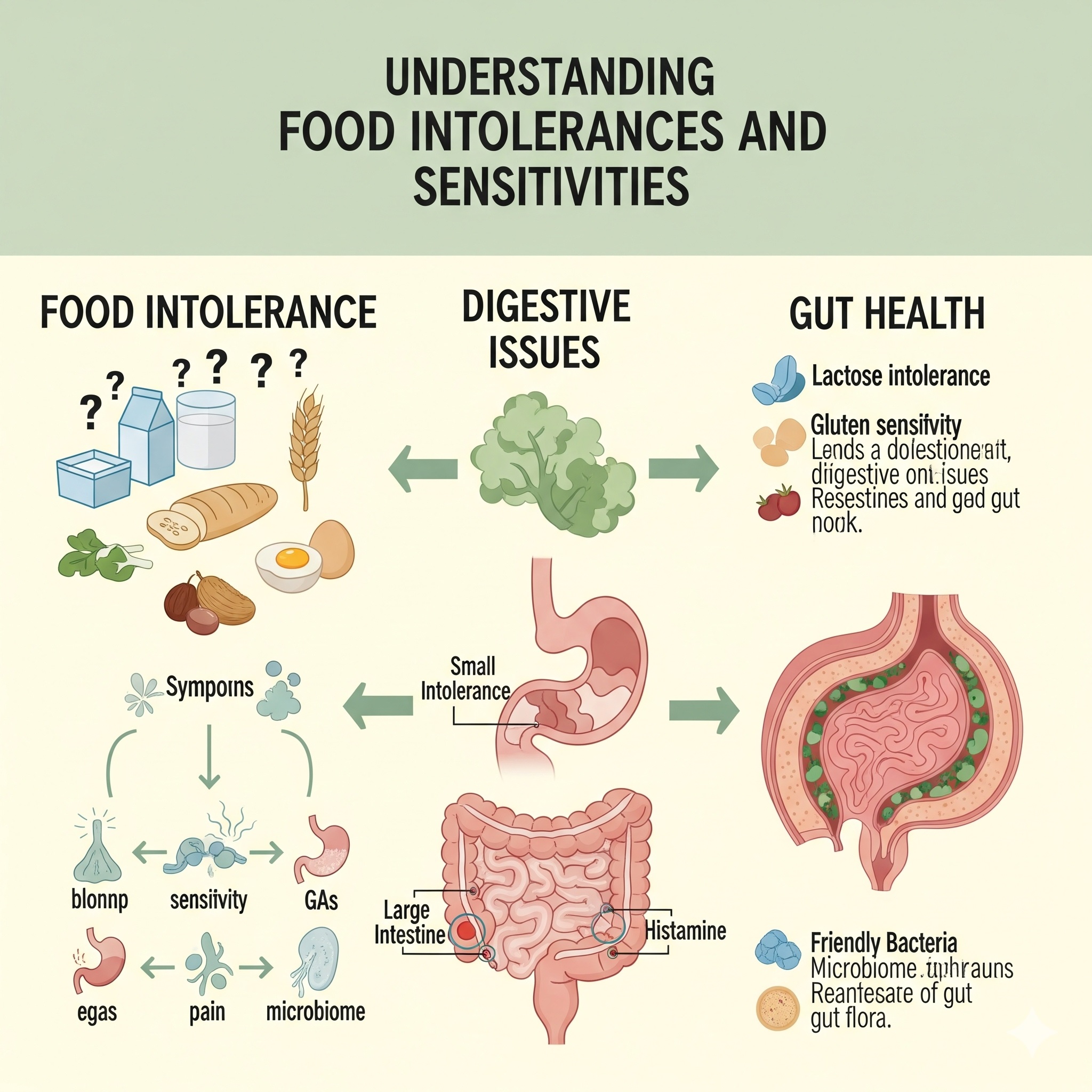Aging is a natural part of life, and with it comes a variety of changes in how our bodies function. One area that is often overlooked but deeply impacted by aging is the digestive system. From slower metabolism to changes in gut microbiota, older adults often notice shifts in how their bodies handle food, absorb nutrients, and maintain overall digestive wellness.
Understanding how aging affects digestion is the first step in making smart lifestyle and dietary adjustments. With the right digestion tips and support—such as using probiotics for seniors—it’s possible to enjoy a healthy gut, maintain energy, and reduce the risk of chronic illness well into the golden years.
In this article, we’ll explore the connection between aging and gut health, the challenges older adults face, and practical strategies to keep digestion working smoothly.
The Digestive System and Its Role in Health
Your digestive system does more than just break down food. It:
- Absorbs nutrients and minerals essential for energy and repair
- Houses trillions of gut bacteria that support immunity and metabolism
- Produces neurotransmitters that affect mood and cognitive function
- Helps regulate inflammation throughout the body
A healthy gut is essential for healthy aging. When digestive function weakens, it can contribute to nutrient deficiencies, chronic inflammation, and even cognitive decline.
How Aging Impacts Gut Health
As we age, several physical and biochemical changes can influence digestion. Let’s look at the most common effects:
1. Slower Metabolism and Reduced Motility
The digestive tract naturally slows down with age, leading to constipation, bloating, and discomfort. Muscles in the intestines contract less efficiently, making bowel movements more difficult.
2. Changes in Gut Microbiome
The diversity of gut bacteria declines with age. A less diverse microbiome is linked to weakened immunity, higher inflammation, and increased susceptibility to infections.
3. Reduced Stomach Acid (Hypochlorhydria)
Many older adults produce less stomach acid. This impairs protein digestion and reduces absorption of nutrients like vitamin B12, calcium, and magnesium.
4. Increased Sensitivity to Medications
Common medications for blood pressure, pain, or chronic conditions can irritate the gut, disrupt microbiota, or slow digestion.
5. Weaker Appetite and Taste Changes
Taste buds and sense of smell often diminish with age, which may reduce appetite and lead to less variety in the diet—negatively impacting gut health.
6. Higher Risk of Digestive Disorders
Older adults face a greater risk of conditions like gastroesophageal reflux disease (GERD), diverticulosis, and irritable bowel syndrome (IBS).
Common Digestive Issues in Seniors
- Constipation – Often caused by slower motility, dehydration, or low fiber intake
- Acid Reflux/GERD – More common due to weakened esophageal muscles
- Bloating and Gas – Linked to gut microbiome changes and slower digestion
- Nutrient Deficiencies – Especially vitamin B12, calcium, iron, and vitamin D
- Food Intolerances – Aging guts may react differently to lactose, gluten, or fatty foods
Digestion Tips for Healthy Aging
Maintaining strong digestive function is possible with simple lifestyle and dietary adjustments.
1. Eat a Fiber-Rich Diet
Fiber helps prevent constipation, supports microbiome diversity, and reduces the risk of colon disease. Include:
- Whole grains (brown rice, oats, quinoa)
- Fruits (apples, pears, berries)
- Vegetables (leafy greens, carrots, broccoli)
- Legumes (lentils, beans, chickpeas)
2. Stay Hydrated
Dehydration is a leading cause of constipation in seniors. Aim for 6–8 glasses of water daily, adjusting based on activity level and climate.
3. Incorporate Probiotics for Seniors
Probiotics restore microbial balance, improve digestion, and enhance immune function. They are especially helpful in:
- Reducing constipation and diarrhea
- Managing antibiotic-related gut issues
- Supporting nutrient absorption
- Strengthening immunity
Good sources include:
- Yogurt with live cultures
- Kefir
- Sauerkraut
- Kimchi
- Probiotic supplements designed for seniors (Lactobacillus and Bifidobacterium strains are most studied)
4. Add Prebiotics to Your Diet
Prebiotics feed probiotics and keep them thriving. Foods like garlic, onions, bananas, and oats are excellent options.
5. Exercise Regularly
Walking, swimming, and light strength training improve gut motility and reduce constipation.
6. Manage Medications Carefully
Talk to your healthcare provider about medications that may affect digestion. Alternatives or supportive strategies (like probiotics or dietary adjustments) may help.
7. Practice Mindful Eating
Eat slowly, chew thoroughly, and avoid overeating. Smaller, balanced meals reduce bloating and improve nutrient absorption.
8. Get Enough Sleep
Poor sleep disrupts the gut-brain axis. Aim for 7–8 hours of quality sleep each night.
Special Considerations for Seniors
- Bone Health: Since calcium and vitamin D absorption decline with age, maintaining gut health supports better bone density.
- Immune Function: A healthy gut strengthens the immune response, reducing infections and inflammation.
- Cognitive Health: The gut-brain connection means better digestion may help protect against age-related cognitive decline.
When to See a Doctor
Seek medical advice if you experience:
- Severe or chronic constipation
- Unexplained weight loss
- Blood in stool
- Severe or persistent abdominal pain
- Frequent heartburn or reflux
These may be signs of more serious conditions that require medical attention.
Long-Term Benefits of Maintaining Gut Health in Aging
By supporting your gut through diet, lifestyle, and possibly probiotics for seniors, you can:
- Improve nutrient absorption and energy levels
- Reduce risk of chronic disease
- Support brain and immune function
- Enhance overall quality of life





This article was very eye-opening! I didn’t realize how much aging can influence digestion, from reduced enzyme production to changes in gut bacteria. I really appreciated the practical tips you shared, like focusing on fiber-rich foods and staying active. It makes the topic feel less overwhelming and more manageable.
Great read! I liked how you broke down the changes that happen in the digestive system as we age. The practical tips about staying active and eating more fiber-rich foods were especially helpful.”
I really appreciated this post. It made me more aware of how important gut health is as we get older. The section about gut bacteria changes was very eye-opening—thank you for explaining it so clearly.